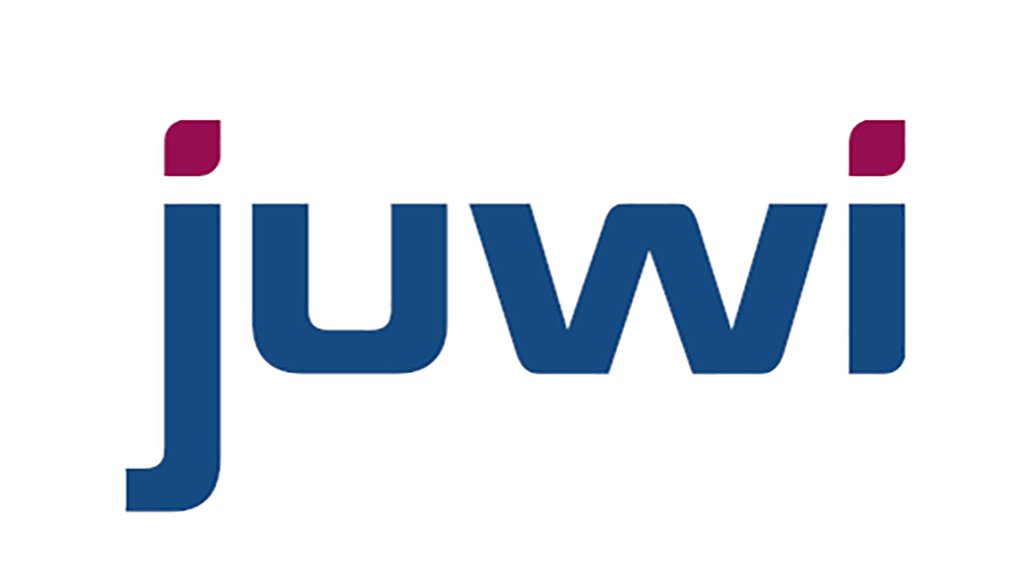
+27 (0)21 831 6100
20th Floor · The Halyard · 4 Christiaan Barnard Street · Foreshore · Cape Town · 8001 · South Africa

Renewables, COVID-19 and lockdown
The coronavirus (Covid-19) pandemic has had an extreme impact across the globe, including South Africa. The related lockdown, which has resulted in construction sites being shut down, will have a significant impact on projects and may result in substantial delay claims.
In addition to the lockdown, the consequences of the pandemic on construction projects is complex:
Transport and availability of materials may be reduced or compromised
- The procurement of materials may be more difficult
- The health risk to the workforce may reduce labour availability
- There will be slowdowns in production and completion rates
- Sites will close where the number of infections is high
The crisis has had a global impact on the renewables industry, and a 20% impact on renewables and storage compared to base case is expected. Internationally, solar installations for 2020 have been revised down by approximately 17%.
Eskom has issued a curtailment notice to operational wind farms citing reduced demand in relation to COVID-19, claiming Force Majeure.
The renewables industry had to halt construction and mostly shut down most project sites temporarily for the duration of the lockdown. Even as lockdown lifts to Level 3 in certain areas, the slowdown in the supply chain and modified work rosters will significantly impacting on project progress. This is a challenging period, but it presents an opportunity to review power supplies, and to plan for a more cost efficient, sustainable future.
The juwi Business Development Team - planning for a new normal post-COVID-19
The juwi business development unit, has been working with clients under lockdown, assisting companies in considering how the integration of renewable and hybrid technology can reduce their operating costs and improve reliability of supply going forward.
Meet the Business Development team, which is spearheading this work:
Richard Doyle
BSc. MSc. PhD (Physics)
Head : Business Development - EPC (Sub Saharan Africa)
With a PhD in Physics, Richard has thrived in innovative organisations both internationally and in South Africa, where he initially worked for CSIR and the Innovation Fund. He founded a Joint Venture between Spoor and Fisher and Deloitte Consulting to sell innovation services to large corporate clients. Prior to joining juwi he managed the C&I subsidiary of Mulilo Group. Richard sits on the Board of SAPVIA and UJnvent, the commercialization subsidiary of the University of Johannesburg.
As Head of Business Development, Richard is focused on consolidating juwi’s position as the leading EPC and O&M player on the subcontinent. “We are currently selling EPC services to IPPs for Bid Window 5 of the REI4P and assisting the Project Development team with selling project rights to IPPs for Bid Window 5. There are a number of associated processes being driven out of the team and that includes a Design Study, a mapping and ranking exercise, an SKA study and also direct engagement with the leading EPCs. We are also in the process of updating our corporate PPA strategy with a view to building new PD + EPC opportunities in that space and likely looking to execute PPAs ourselves (that will then be sold to IPP).”
Richard says that the team is looking at the effects of COVID and also at the opportunities the pandemic presents: “Currently, there is no clarity on whether either REI4P or SSEG projects can start in any of the levels and SAPVIA is working hard on getting clarity. In general terms, it is widely believed that COVID will create a vacuum for the rapid deployment of renewables projects to stimulate the economy post COVID and we are well positioned to assist with this.”
Peter Drager BEng. Hons. (Mechanical)
Head: Business Development – Hybrid Systems (EMEA)
Peter joined juwi Australia in 2014 as a project manager for the development and delivery of the Australian subsidiaries hybrid project portfolio, which included the flagship DeGrussa Solar Project, Heron Island Research Station and Agnew Hybrid Power Station. Prior to working for juwi, he was the Business Development Manager for Qi Power Limited, one of the first companies in the world to successfully develop off-grid projects for mines.
Peter has recently changed roles to be Head of Development for Hybrid and Offgrid projects in EMEA, and is now focused on the development of juwi’s project portfolio/pipeline of projects consisting of multiple technologies (i.e. wind, solar, battery storage and thermal generation) in particular for remote mines throughout Africa. This move from the Brisbane office to Cape Town is to support the increasing number of project opportunities in an industry/region that is in the early stages of its growth curve.
Peter says that COVID-19 has had a material impact on projects in all aspects of development (especially construction), however he remains optimistic about the future. “Governments and relevant authorities are still coming to terms with the crisis and developing action plans to suit – until clarity is obtained on the long term strategies it will continue to be a challenge to manage the impact on projects. In saying that, there is still optimism in the renewable energy space post-COVID-19 as there is a very real opportunity for our industry to be part of pulling economies out of the downturn. By deploying large amounts of renewable energy technologies, juwi can be part of an industry that facilitates value creation all across Africa with increases in the labour force/skills and reduction in electricity prices.”
Gilles Dumont
MSc. (Engineering - Electrical)
Business Development Manager – Hybrid Systems (EMEA)
As Business developer for the Hybrid division, Gilles is developing juwi Renewable energy pipeline of project in EMEA region specially focusing on the mining sector. He works with the juwi procurement and engineering division, in leading discussions with clients from first contact to contract signature before the project get handover to juwi operation team
Gilles has previously been involved, for now 10 years, in Wind & Solar sector undertaking Measuring Campaign, Design, Financing, Construction, Hand over process to various governmental entities and O&M phase. He has worked in the EPC environment for several years overseeing the design, permitting, procurement, construction, grid connection approval and O&M of over 80 MWp of solar projects.
His new goal is to develop and build hybrid systems including any energy sources on the African continent facing all challenges and provide the more holistic answer as possible.
Gilles says that COVID-19 is showing how Renewable energy plants are reliable and relatively less impacted by general global economy. “With the COVID-19 the need for Smart and fully integrated renewable energy plant has become evidence and we received a lot of interest from the JUWI HYBRID IQ capability in the last 6 weeks. Company in lock down should focus on being more competitive , less dependent on third party and man intrusive operation and reduce running cost. With today technology a mine with intelligent electrical vehicle and a solar+ wind Hybrid plant most of the mine would be able to operate close to normal capacity even during lockdown.”
Graeme Wiley BEng. Hons. (Electro-mechanical), MBA
Business Development Manager – EPC (Sub Saharan Africa)
Graeme has a background as a project engineer focusing on energy efficiency and rooftop solar PV projects, and as a technical and commercial project analyst and manager.
At juwi, he is the sales engineer within the business development team, evaluating client needs and developing commercially and technically optimized EPC solutions.
Wiley says his focus areas are developing solar PV EPC services for the REIPP programme and utility-scale wind, solar PV, and battery storage solutions for commercial/energy intensive customers .
About Covid-19, Graeme feels that in terms of government procurement, renewables offer a clear opportunity for infrastructure spend which will drive economic recovery in a post-COVID19 environment. “From a business perspective, with electricity tariffs continuing to see annual increases over the coming years, it will be crucial for businesses to take control of their electricity supply or a portion thereof. Reducing operation costs (electricity costs) will be important in a post-COVID19 environment as businesses recover and increase capacity. Furthermore, load shedding is expected to return once the lockdowns have ended and ensuring electricity security will once again be critical for businesses.”
Ryno Nel
Adv.Dip. (Business Project Management)
Business Development Manager – O&M (Sub Saharan Africa
Ryno has worked in Renewable Energy (Commercial & Industrial - Solar) for over 11 years, working as a Construction Manager for 82.5 MWp project in the Northern Cape and managing the operations of that project and another 82.5MWp project.
He also worked at inverter manufacturer Ingeteam and project managed three O&M projects of 160MWp before joining juwi.
He is currently in charge of business development for the Operations and Maintenance division at juwi.
_________
Contact us for a consultation:
Richard Doyle richard.doyle@juwi.co.za
Peter Drager - peter.drager@juwi.com
Gilles Dumont - gilles.dumont@juwi.co.za
Graeme Wiley - graeme.wiley@juwi.co.za
Ryno Nel - ryno.nel@juwi.co.za
_____________________________




